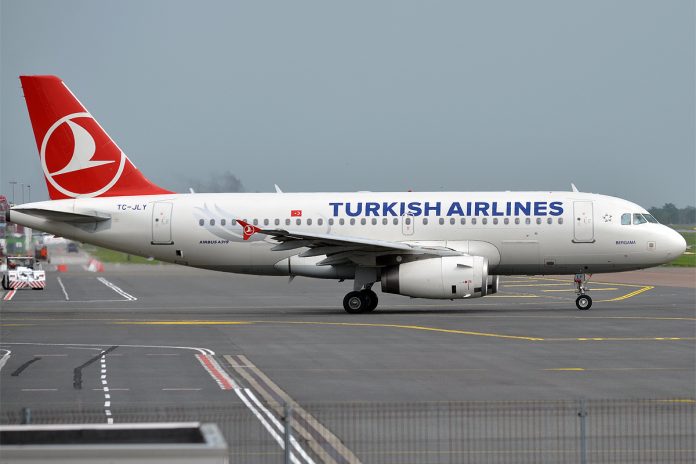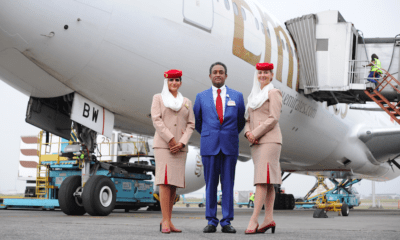The Chief of Mission to the Taiwanese Government in Nigeria, Andy Liu, has said that the trade relations between Nigeria and Taiwan drop to $500 million in 2023 from $1 billion in 2021.
Liu made these comments during the 2024 Taiwan Business Forum held in Lagos.
According to Liu, Nigeria’s status as a net exporter of agricultural products, particularly sesame seeds has historically fueled the trade between the two nations.
However, the peak in trade experienced in 2021, buoyed by increased demand for Nigerian agricultural goods, notably declined in subsequent years.
“The highest peak of trade reached about $1 billion in 2021. It was the peak of COVID-19, with Nigerians enjoying surplus trading with Taiwan. We imported more of Nigeria’s agricultural products, such as sesame, aside from oil-related products. In 2021, we had a huge demand for agricultural products for our food processing industries,” Liu stated.
However, the trade dynamics shifted in the following years, leading to a significant decline in trade volume.
Liu attributed this decline to a normalization of demand following the peak in 2021, resulting in a reduction in trade value to $500 million by 2023.
Despite this decrease, Liu remained optimistic about the future trajectory of trade relations between the two countries.
“We might see some level of increase in the near future,” Liu enthused, highlighting Nigeria’s continued significance as a destination for Taiwanese businesses.
In addition to discussing trade volume, Liu addressed the issue of counterfeiting and piracy, which has affected Taiwanese products globally.
He said the Taiwanese government is working to combat this challenge by showcasing the quality of Taiwanese products and providing after-sale services.
“We have been having our delegates visit the world to prove that we are victims of piracy, but we are going to use the platform to show that we have good and quality products to let the world know who the true providers of these quality goods are,” Liu affirmed.
The President of Globe Industries Corporation, David Hwang, echoed concerns about counterfeit products, attributing the decline in profit margins to the influx of counterfeit goods from China.
Hwang emphasized the need for partnerships to address this issue and foster mutually beneficial trade relations.
Responding to the developments, the Director-General of the Nigerian Association of Chambers of Commerce, Industry, Mines, and Agriculture (NACCIMA), Sola Obadimu, commended the Taiwanese focus on African businesses and the quality of their products.
He pledged NACCIMA’s continued collaboration with Taiwanese companies to drive business growth for both nations.
As Nigeria and Taiwan navigate the challenges posed by fluctuating trade volumes and counterfeit goods, stakeholders remain committed to fostering resilient and mutually beneficial economic ties.
The 2024 Taiwan Business Forum served as a platform for dialogue and collaboration, laying the groundwork for future cooperation between the two nations.

 Naira4 weeks ago
Naira4 weeks ago
 Naira4 weeks ago
Naira4 weeks ago
 Travel4 weeks ago
Travel4 weeks ago
 Naira3 weeks ago
Naira3 weeks ago
 Jobs4 weeks ago
Jobs4 weeks ago
 Naira4 weeks ago
Naira4 weeks ago
 Investment4 weeks ago
Investment4 weeks ago
 Travel4 weeks ago
Travel4 weeks ago


























